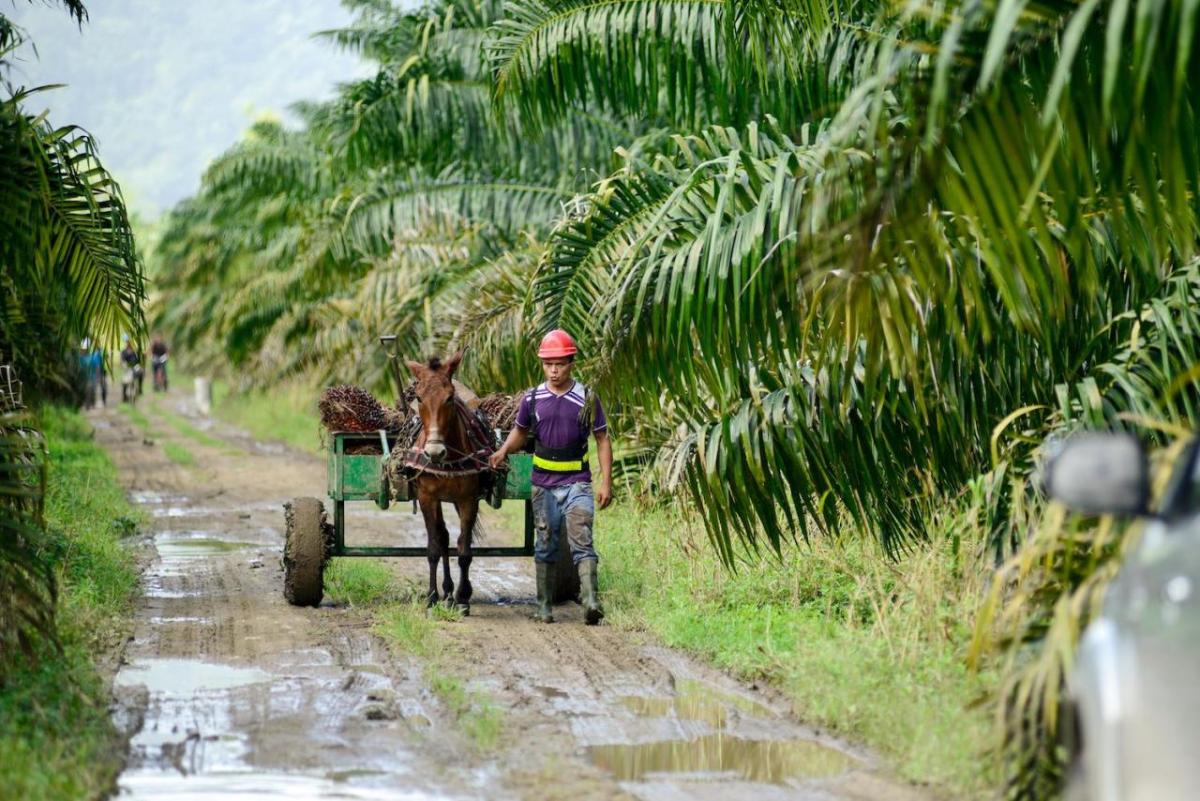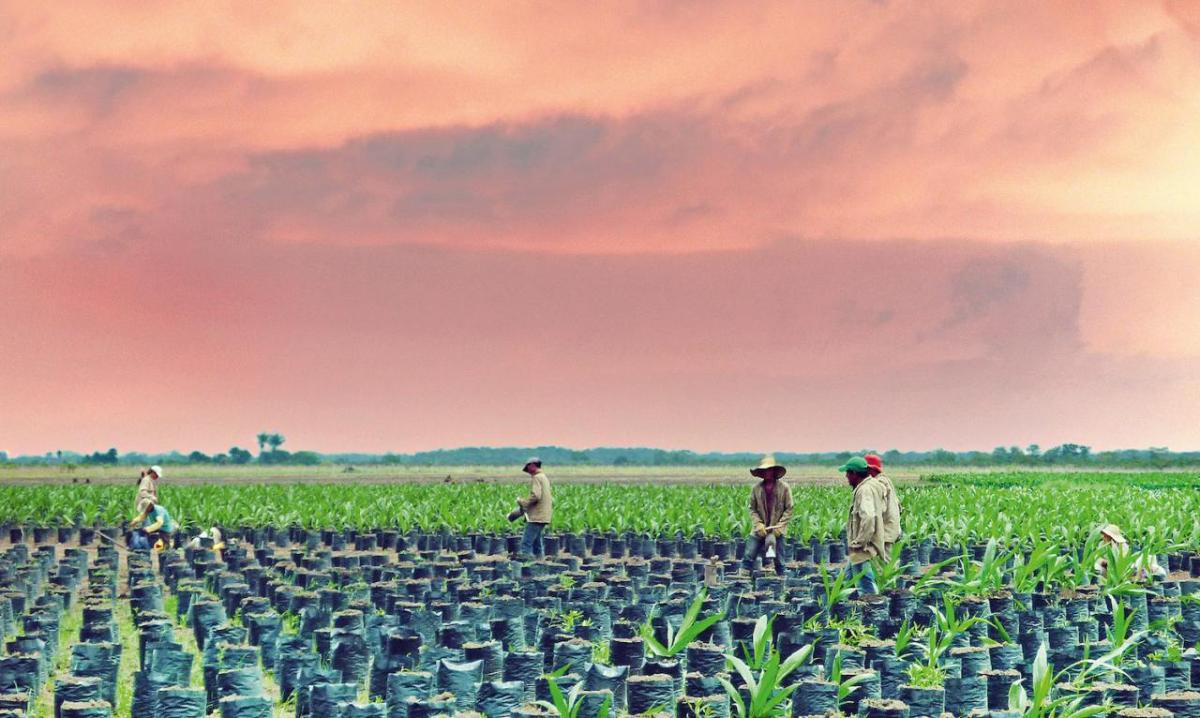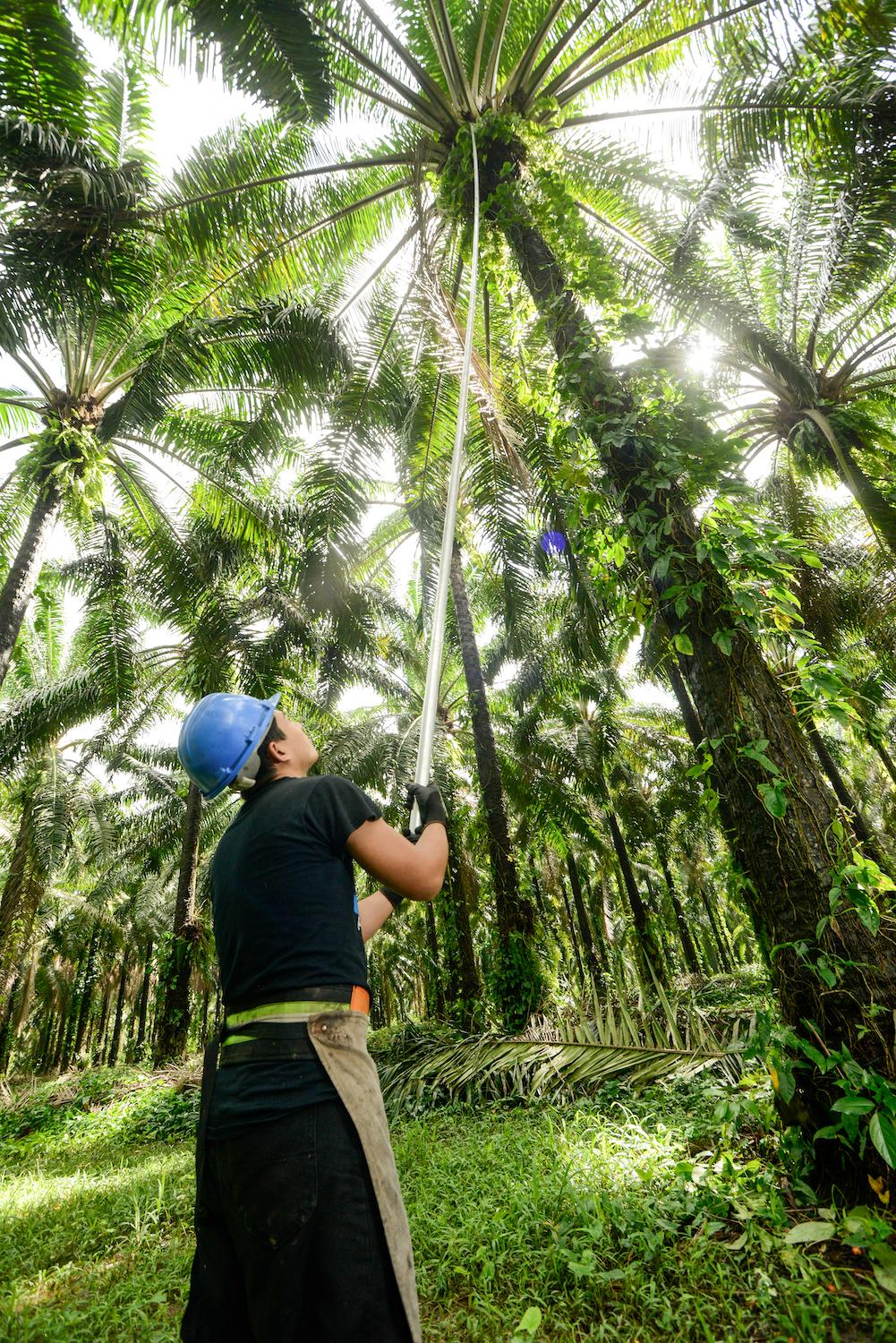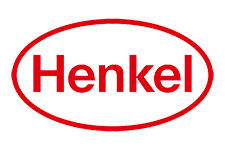Supporting Smallholder Farmers on the Way to a More Sustainable Palm Oil Supply Chain
By Kate Zerrenner
Originally Published On triplepundit.com
Henkel, a global leader in consumer goods and adhesive technologies, and the nonprofit Solidaridad have worked together for almost a decade to scale up sustainable palm oil production and help smallholder farmers improve and diversify their incomes. Their work since 2012 set a high bar, which has been raised with a new three-year grant from Henkel brand Dial.
The partnership, which aims to help smallholder farmers in Central and South America earn a living wage while connecting the farmers to a global supply chain, has proven to be beneficial for both partners. “If every partner were like Henkel, we could move much faster in addressing the challenges we face in the world,” said Michaelyn Baur, managing director for Central America and Mexico at Solidaridad, in a recent interview with TriplePundit.
Building a more sustainable palm oil supply chain
Like many corporate partnerships, it all started when Henkel was looking for new ways to improve product sustainability. The company makes consumer brands including All and Persil laundry detergents and Dial personal care products, and palm oil is a common key ingredient in soaps like these.
When Henkel first surveyed the market in 2012, the company turned to Latin America, where it could, in effect, help support the evolution of a laboratory for how smallholding, sustainable palm oil could be produced—once it found the right partner on the ground.
Palm oil in Latin America is not a driver of deforestation to the extent it has been in other parts of the world. Instead, well-managed oil palm plantations can serve to restore landscapes that have been ravaged by decades of environmental degradation.
Enter Solidaridad, a global nonprofit with deep Dutch roots that works to build sustainable — and profitable — supply chains in more than 40 countries. Having already established programs on the ground in Honduras, the nonprofit was positioned to get its living laboratory off the ground, funded by Henkel. From the start, it was a trust-based relationship, Baur told 3p. “It’s been an overwhelmingly positive, productive and responsive relationship,” she said. “It continues to evolve based on changing conditions in the world, the state of the palm oil markets, and shifts in the donor sphere where priorities are constantly changing.”
From concept to reality: Making a positive impact on smallholder farmers
Smallholder farmers, defined as family-owned enterprises with up to 10 hectares of agricultural land, make up about three-quarters of all farmers worldwide. For individual farmers, increased income can lead to investments in education, health, access to global markets and raw materials of higher quality. And when rural smallholders earn more, the benefits often reverberate through their entire communities — for example in the form of new public services like daycare centers or healthcare clinics.
In Honduras, the palm oil farming industry began when a series of 1970s land reforms granted smallholders plots of land after worker strikes in the banana industry. The farmers initially started growing corn and beans, but as their families struggled to survive on these crops alone, they looked to palm oil as a new source of income.
By 1985, Fausto Martinez and other Honduran palm oil farmers co-founded Hondupalma, an organization representing 30 associated groups and hundreds of independent partners and producers across the country.
Around 20,000 smallholders in the northern zone of Honduras now cultivate palm oil, which Hondupalma’s leaders say has reduced poverty in the region. Since only about 2 percent of palm oil plantations in Mesoamerica were established on land that was forest in 1989, based on a recent report. According to Solidaridad, the growth of smallholders over the past 30 years has also served to restore some local ecosystems.
“He built economic resilience,” Baur said of Martinez, “and also landscape resilience” through training, producer exchanges, and multi-stakeholder dialogues convened and led by Solidaridad. Hondupalma producers like Martinez were also at the forefront of the push for a national zero-deforestation agreement for palm oil — an effort that could soon extend to coffee and other commodities in Honduras.
In 2012, Solidaridad began working with Hondupalma and other smallholder producer organizations and companies to promote the Roundtable on Sustainable Palm Oil (RSPO) standard in Honduras, with support from Henkel and the Netherlands government. Since then, Soliaridad’s Mesoamerican Palm Oil Alliance has expanded the effort into a regional learning and exchange platform for sustainable, smallholder-sourced palm oil. After listening to palm companies, producer cooperatives in Honduras and Guatemala, Solidaridad formally requested the RSPO Board of Directors to open a regional workshop to respond quickly to the requests of its members and register new interested parties in the certification.
“We are now running programs in Guatemala, Mexico and Nicaragua as well,” Baur said, “and we have the potential to work in other countries like Panama and Costa Rica to transform the sector, not just create one-on-one efforts.” Elsewhere in the world, Solidaridad has expanded its work on palm oil in West Africa and parts of Asia. The partnership with Henkel has made it possible to scale and implement new projects in these regions.
Henkel brand Dial strengthens its commitment to Solidaridad
Building on their nearly 10-year relationship, Henkel and Solidaridad recently announced a new set of programming with personal care brand Dial. The brand will provide a grant to Solidaridad through 2025 for a project in Colombia to create 35,000 acres of farmland for certified sustainable palm oil production and provide 250 farmers with training and access to additional financial support.
The certified sustainable palm oil will be used in Dial soap made in Colombia, and the project also “offers a great opportunity to tell a story that could really inform consumers about an ingredient that is mostly hidden,” Baur told 3p.
“Most people only think of Indonesia when they think about palm oil, but the story of palm oil is changing, projects and efforts are global, in less well-known corners of the world,” she said. “The emphasis is focusing on smallholder palm oil producers and helping them increase their productivity — and doing it in a way that diminishes environmental impacts, builds more inclusive business models, and increases visibility and knowledge about the impacts of palm oil.”
The work with Solidaridad also helps Dial to “learn about the people that help make our product and how it's done,” said Molly Bombonato, associate brand manager for Dial. “Though it seems ‘simple’ to create something like a bar of soap, there's a community of people and a variety of processes that make this product come to life,” she said. “By partnering with NGOs like Solidaridad, brands can make a bigger environmental and social difference with larger projects.”
Baur sees the partnership as a way to not only build a traceable supply chain coming from smallholders, but also potentially change consumer mindsets around sustainability and smallholder agriculture. “Our partnership with Dial comes out of a long-term partnership [with Henkel], and the trust that has been built,” she said. “If more partnerships had this level of trust, it would be a game changer.”




